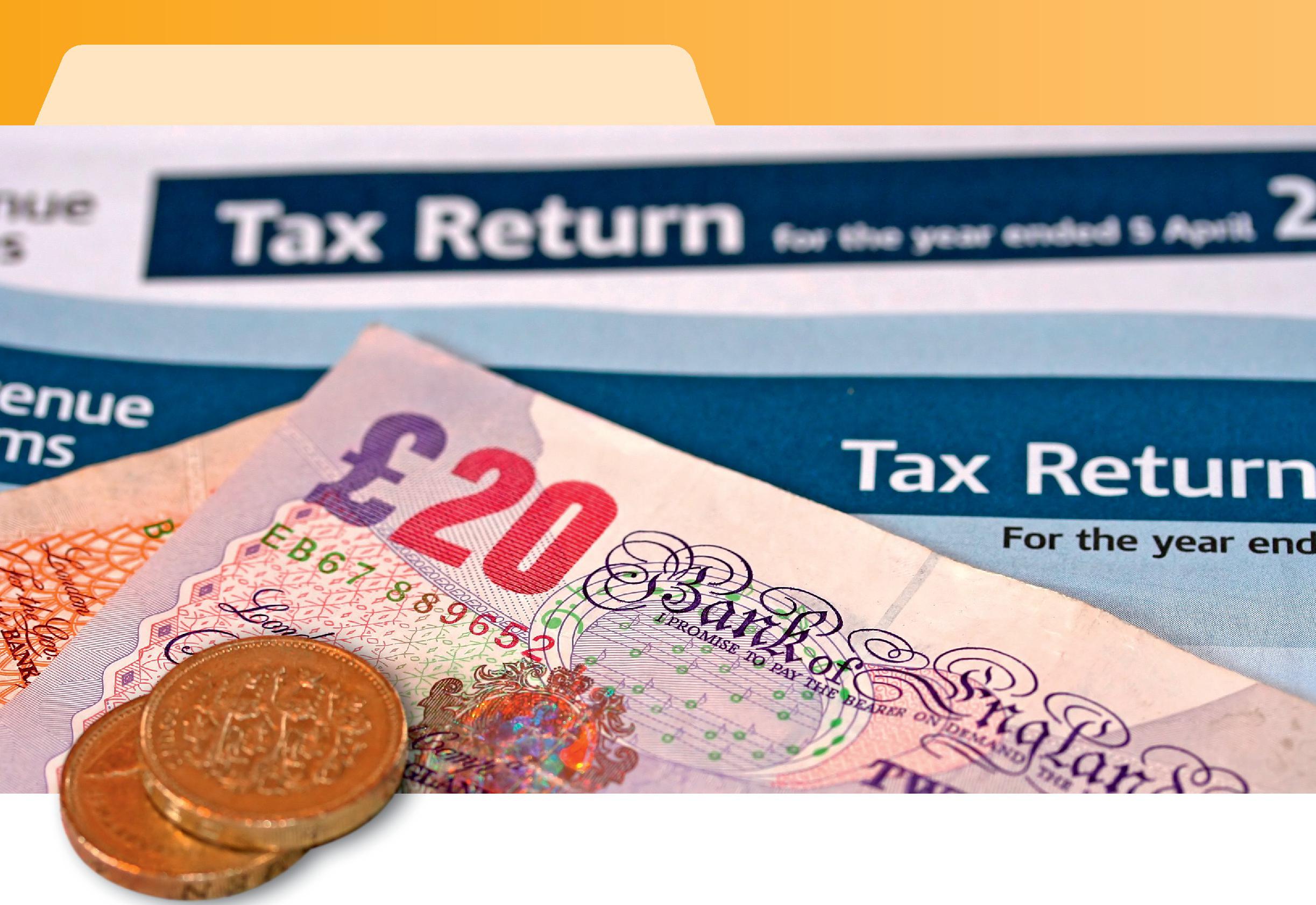
After three decades during which such a reform would have been politically unthinkable, the government announced in the 2009 budget that it would increase the income tax rate for people with incomes greater than £150,000 to 50% from April 2010. This change will affect the richest 1% of adults. The government hopes that it will raise £2.4 billion a year to help reduce government borrowing requirements.
An increase in the tax rate means that workers receive a lower proportion of each additional pound they earn, and this reduces their incentive to earn as much income. In response, therefore, we would expect high-income earners to reduce their taxable income. Extremely high-income earners might be expected to be particularly responsive to changes in their tax rate, as they have more opportunities to work overseas and have access to accountants to help them avoid paying tax. This would tend to reduce, and may even eliminate, the amount of revenue that taxes will raise. So, is the government likely to raise £2.4 billion with this tax increase?
Your organisation does not have access to this article.
Sign up today to give your students the edge they need to achieve their best grades with subject expertise
Subscribe




